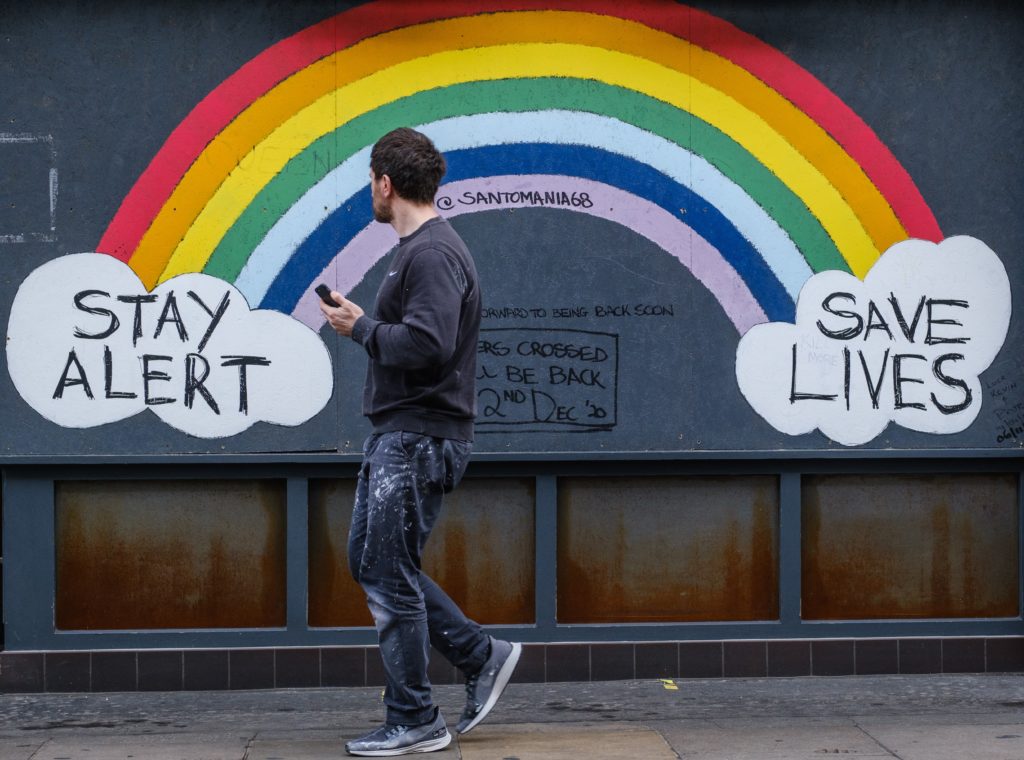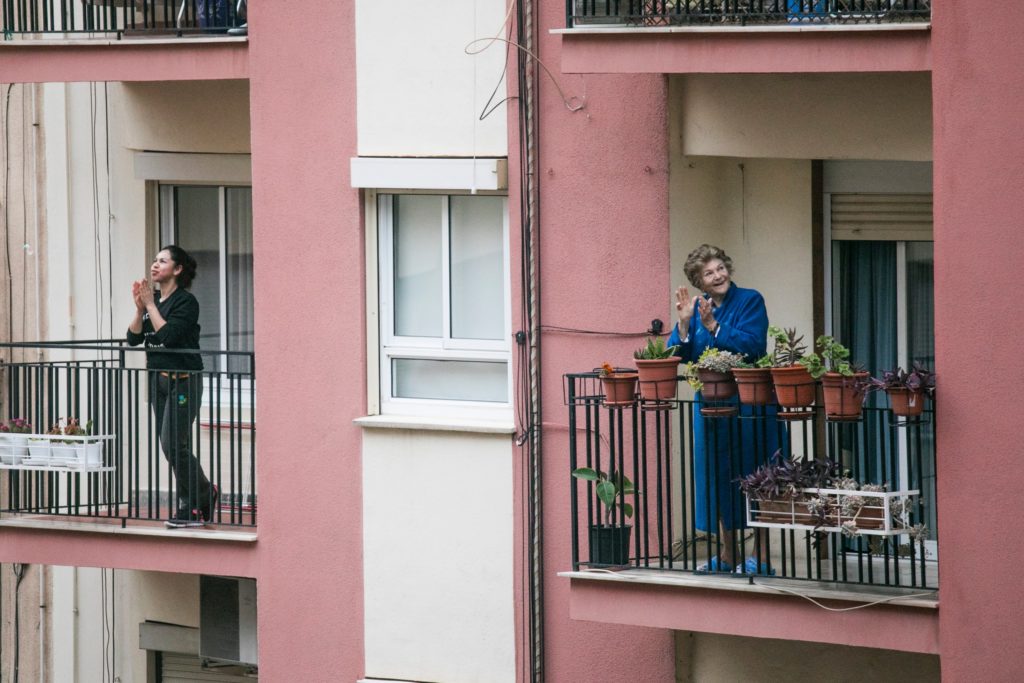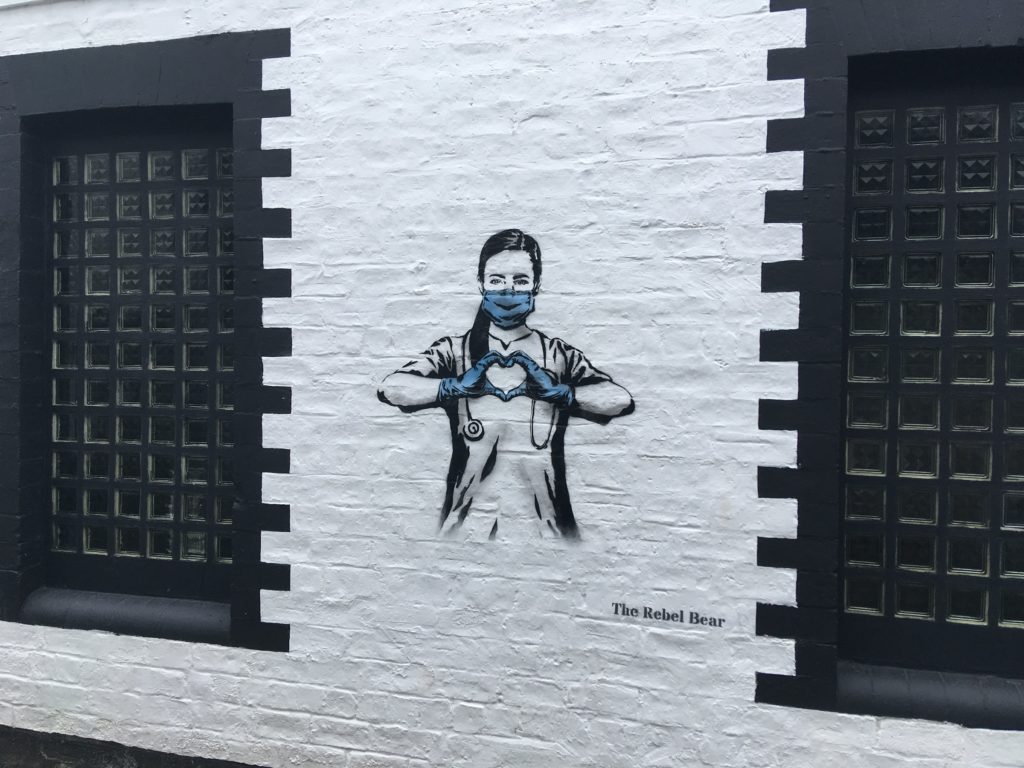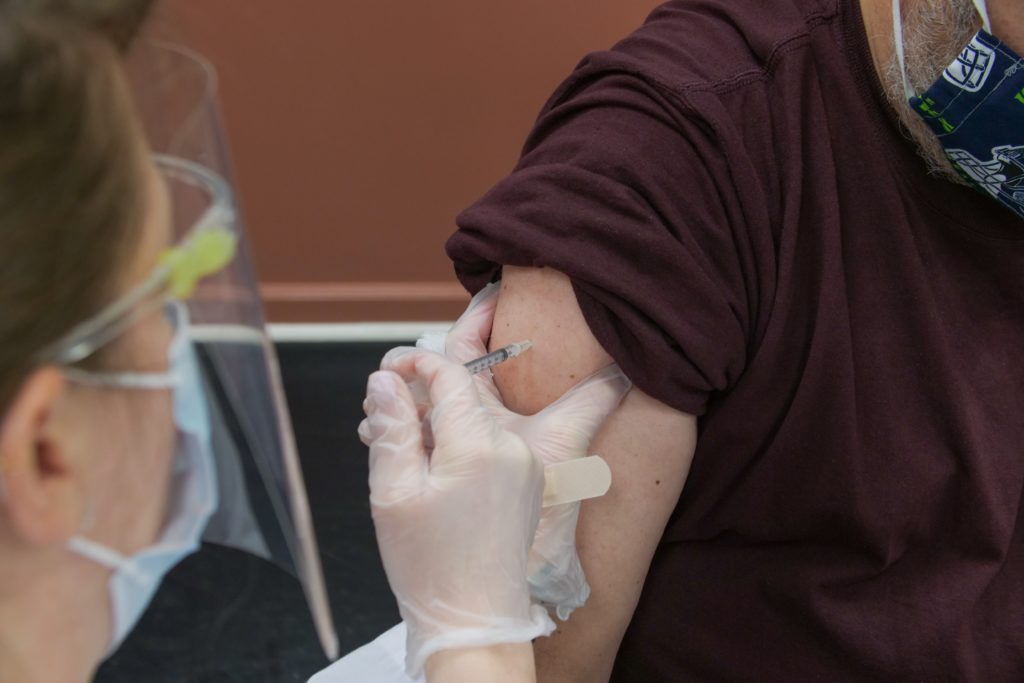An opinion by Anna Cavazzini, Greens/EFA MEP.

As the COVID-19 pandemic swept across the globe last year, individuals, families, businesses, cities and countries were forced into lockdown. The impact of the pandemic has been devastating, especially in lower-income countries. As I wrote in a paper with my colleagues, Agnieszka Brugger, Pegah Edalatian and Jamila Schäfer, from the German Greens, the most constructive means of containing the pandemic right now is to ensure that a safe and effective vaccine is distributed swiftly and fairly around the world.
While the governing parties in Germany are blaming each other for the issues with the vaccination process in the country, people all over the world are suffering from the Corona pandemic. Instead of political games, what we need now is a global effort to shoulder this crisis together and in solidarity.

Everyone has the right to a safe and effective Corona vaccine
The vaccine should be declared a global public good. This should be obvious, as the pandemic will only be defeated when a large part of the world’s population is vaccinated.
It is therefore our collective responsibility to ensure that the vaccine, testing materials and essential medicines reach those that need it. That is why, within the framework of the COVAX initiative, 190 different countries have spoken out in favour of a globally equitable distribution of essential medicines against COVID.

Solidarity is key
Fortunately, there has been significant movement and further financial pledges in the last few weeks. Nevertheless, it will be crucial that all richer, industrialised countries keep their promises, acknowledge their global responsibility and start vaccinations in the poorest countries of the world as soon as possible.
This is the only way we will actually succeed in putting the global pandemic behind us. In many poorer countries, public health systems are at breaking point or have already collapsed. The impact has been particularly severe in countries where there is little access to sanitation and good public health care.
The socio-economic impact is also highest in countries that were already the poorest before the crisis began, according to a World Bank study, and the indirect health effects are devastating. Vaccinations and measures against other life-threatening diseases no longer take place to the same extent, which massively increases the spread of other infectious diseases such as AIDS or tuberculosis, especially in countries with weak health infrastructure. Many patients are unable to access vital medicines due to overburdened health systems.

What needs to be done?
To fight COVID-19 and the spread of other infectious diseases, we need worldwide production and a demand-based distribution of medicines and vaccines.
Some companies have already signalled their willingness to support this broadening of production and fair distribution and to take their responsibility seriously. But for this to succeed, more political efforts are needed at the international level to prevent billions of people in poorer countries of the world from having to wait years for a vaccine. A community of states must flank this with clear rules, binding specifications and robust guarantees within the framework of the World Health Initiative (WHO). Unfortunately, so far this has been done insufficiently.
In order to win against COVID-19, we need to take the following steps:
- Develop a global vaccine strategy within the framework of the United Nations, the WHO, and the international vaccine alliances, GAVI and CEPI, with the close involvement of civil society, in a way which takes into account the special challenges of poorer countries and prevents years of delays in vaccine distribution.
- Finance start-ups and technology transfers to support the expansion of existing pharmaceutical production capacities and the strengthening of efficient regional distribution systems for medicines and medical products in countries of the Global South.
- Support the WHO to create a COVID-19 Technology Access Pool and negotiate with intellectual property owners to share their technologies, primarily through positive incentives and, as a last resort, through the exceptional use of compulsory licensing under the TRIPS Agreement.
- Temporarily waiver intellectual property rights, by supporting the initiative of South Africa and India under the WTO TRIPS Agreement relating to all technologies for the diagnosis, prevention and control of COVID-19.
- Ensure a universal supply of vaccines by providing more funding for the international purchasing platform COVAX.
- Initiate vaccine donations by richer industrialised countries to COVAX of surplus vaccine doses not needed to immunise their own populations.
